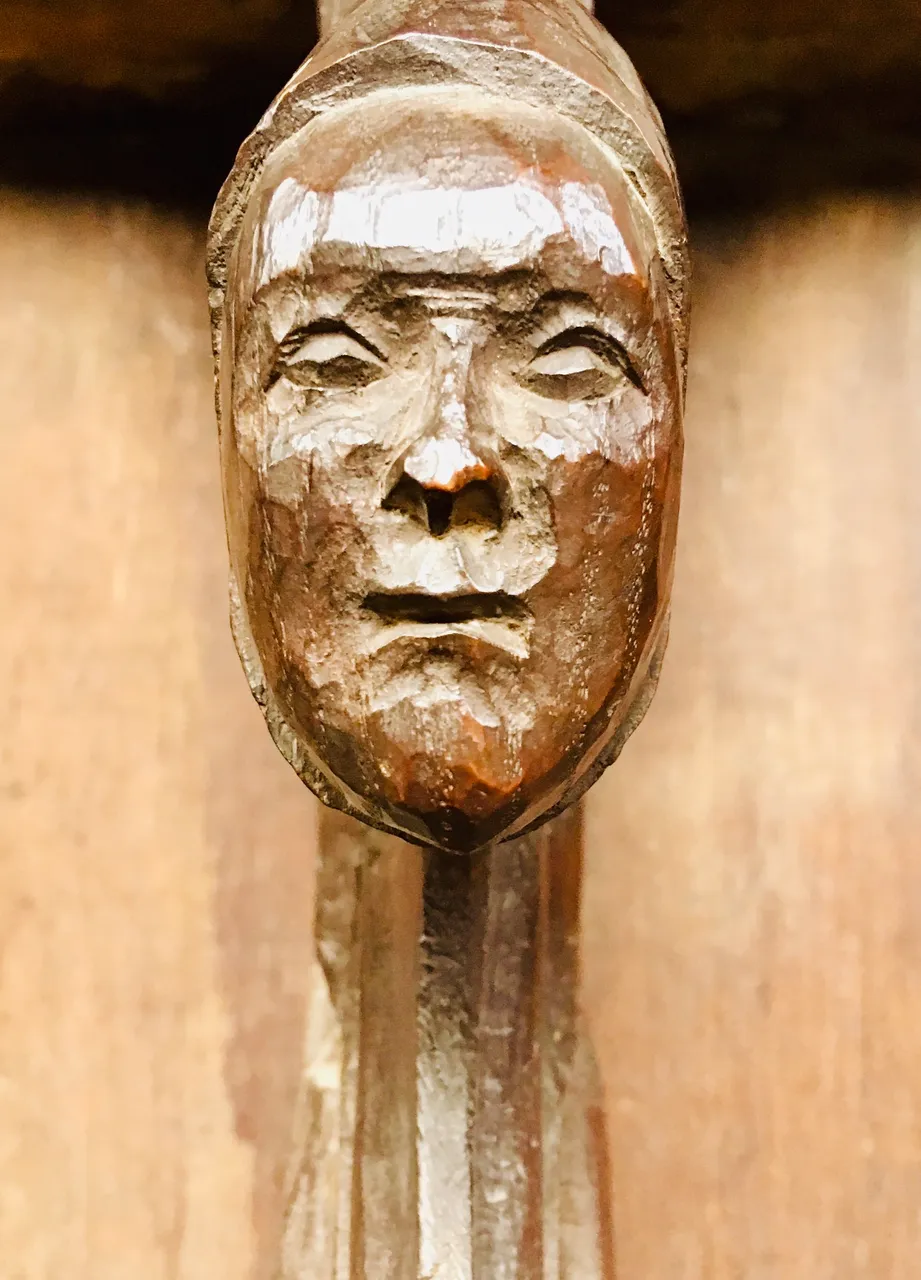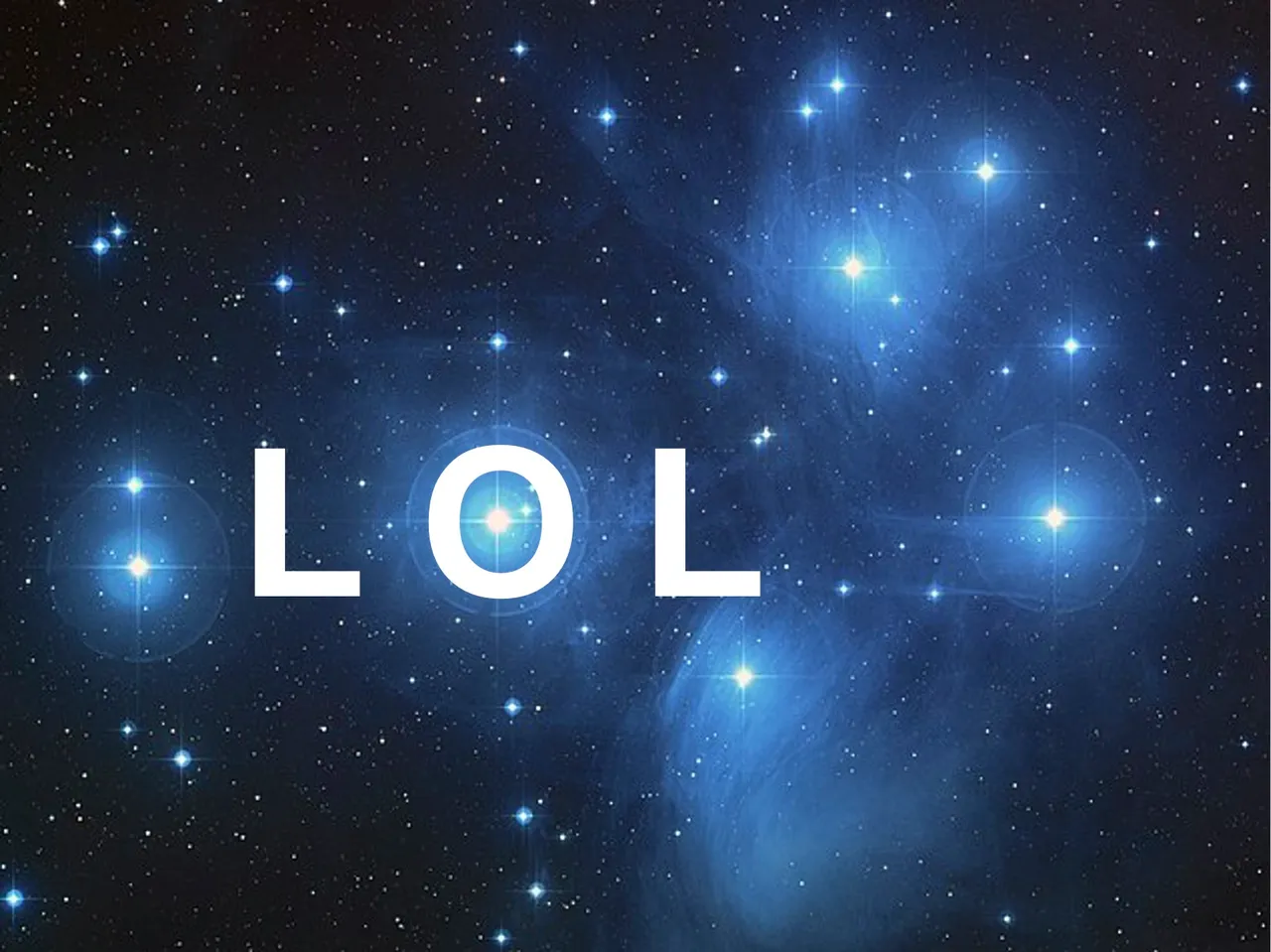
Septum peccata mortalia,
the "seven mortal sins", they are very appropriate to deal with artistically, or philosophically. In the form of portraits, literature, theatre and film. But in everyday life they are no good if they are connected with morality, which unfortunately is connected with its superficial sister, "opinion".
Everyone has an opinion. But here, silence is wiser than speech and so I go along with the saying: One shall not make oneself mean with any thing, not even a good one.
The deadly sins have been overtaken by a spirit understood as "scientific", more on that later.
I am well aware of those sins. I have heard them in time through my Christian upbringing and they are part and parcel of every epic either written or filmed, directly and indirectly. They are so fitting for art! It's a pleasure to watch the drama, and the comedy, as well. I am eating and drinking them with my senses.
Until it's time for the bills.
Every draconic ruler - sinner par excellence -
who has been portrayed like Sauron from Lord of the Rings or like Voldemort or Caligula and other dark fictional power figures makes me, as the recipient of these described figures, immediately recognise their character traits.
How can I not understand something if it is not at the same time something that is known to myself? As if I were looking into a mirror that seems to have been covered with a cloth for most of my existence?
At the moment when the stylistic device of exaggeration is put into perspective
and one seeks to give depth to the sinner thus one-sidedly described, one cannot avoid describing his other human traits. I can give fictional characters this depth without breaking a taboo.
If J. R. R. Tolkien had spent his energy on bringing Sauron closer to the reader, he would inevitably have had to make his character more human, and thus capable of other feelings, such as grief and fear, sadness and humor. But of course he made up a figure that created a huge gulf between himself and the observer through the insurmountable distance.
Sauron had to remain inaccessible as the absolute evil, the absolute inconceivable. He thus represents what I fear most: the stark indifference of a being to its fellow beings.
An eye which does not see you, despite constantly looking for you.
Transferred to my everyday life, which is perceived as rather banal or trivial, I have little chance of encountering the deadly sins in the form of sword and fire. Instead, I would describe it as fear of the inanimate, fear of something worse than death at the hands of murdering Orcs. It is not the presence of combat of the direct kind, it is its absence. So it makes sense that the deadly sin is not presided over by ire alone, but is joined by the others.
Mortal sins are those that "plunge a man into spiritual death, and deprive him of spiritual life",
It is not so much the hot-bloodedness, but rather the cold-bloodedness that makes me shudder. Fire is more easily recognisable, the anger of those figures I learned to fear as a child, but in time found out how to confront. Every angry person can eventually be appeased, so long as one does not consider oneself inferior to them.
Turning to sins is already problematic. My mind, which is then concerned with sins, is eager to get into this matter and the more I ponder pride, envy, gluttony and so on, the more the world seems to me a place of depravity and faultiness. All of a sudden I see sins everywhere!

Man - when he is told to observe himself and become aware of his sinfulness, what does he do? Will he recognise himself every day, at every hour of his existence, and impose penance on himself in violation of the commandments of virtue; or, to put it more gently,
will he (re)frame what he has thought, said and done, and thereby transform it into non-sin?
I would, if I were eager, add an eighth sin: The hiding of myself with myself. But since I don't want to be zealous, I wouldn't call it a sin, but an uncovered process of the human psyche.
The lover of aesthetics and artistic expression though, objects!
He can only give a tired yawn to it, no? "uncovered process of the human psyche"?
"Sin" or "sinner" is snappier and above all easier to remember. The churches public relation officials really knew about catchy ads. Bibles are, for me, a form of irritable art.
Anyway, I find it it easy to see, feel and judge others the further away I stand from them and don't see myself enmeshed in relationships that affect this clarity.
Isn't it an impressive ability? "Impressive" insofar, as it needs not to over-impress me but lets me see its usefulness, without again abusing it.
Do I not want others to think, say and act the way I want them? I can answer "yes" and need not be ashamed of this very insight. I's a human wish. That's all. Do I try to forcefully, willfully gain control over those who meet me, in order to make them please me and follow my lead?
Here, it gets a bit hot, doesn't it? Do I?
What is force? What is will?
I don't use force in the sense of holding a gun towards ones head, I do not kick someone into the face, I do not lock another human inside a room. And so on. Those actions are easy to detect.
What is not easy to see is when the subject, e.g. "objectivity", is taken hostage. Without an obvious combat, where the beginning, climax and end are clear, as is the case with an official battle, the conflict goes into hiding and stretches over years, decades and centuries, winding in dark corridors, pretending it does not exist.
In the open, in the field, where the combatants face their equal adversaries in person, such hide-and-seek is impossible. The official debate, which can be understood as a substitute for physical battle, it is a rarity, because here too, rules have to be respected. But where they are ignored, suppressed, it is pretended that there is knowledge on a platter from the outset and that dispute is obsolete, that is where the sin of omission is to be found.
To unite the observer and the observed,
... it would violate the basic principle of scientific discourse which demands the separation of the observer from the observed. It is the principle of objectivity. The properties of the observer shall not enter the description of his observations.
You know, it can't be done that way. The observer cannot be excluded.
If I act as an observer of sins, what am I doing? If I manage not to draw a partition between the world and myself, not to take myself out of it as if I were looking through a microscope or a telescope into a sphere, will I more easily accept that my own qualities are the measure of my things in describing the world?
If I give a description of how I perceive other sinful people, that says the most about me, doesn't it?
You get to know me through it, not the others I speak about.
The "we" pretends that the I is a plurality at the same time, which is not entirely wrong, but as I leave the we form, there is clearly a difference. Try it out if you are someone who dislikes or rarely uses the first person form. You will notice the difference.

It's like standing among a multitude of people and then being called upon to be the first to speak up when it comes to a challenging question. Taking the step forward, suddenly standing alone without the warmth and protection of community.
... there was a justification for adhering to this principle [the principle of separating observer and object], and this justification was fear; fear that paradoxes would arise when the observers were allowed to enter the universe of their observations. And you know the threat of paradoxes. To steal their way into a theory is like having the cloven-hoofed foot of the devil stuck in the door of orthodoxy.
»Only those questions that are in principle undecidable, we can decide«;
everything else would be a matter of (more or less protracted) calculation.
Here, already, you have it: the paradox.
It irritates me. This irritation, if I welcome it, I ask myself in wonder: What can that be? A question over which I cannot decide, I still decide upon?
Is there a difference between arbitrariness and spontaneity?
Is spontaneity - decide within the emerging event - and the ability to do so a gift? In my eyes: yes. Is it really so important from whom or what I received this gift?
Arbitrariness seems to be an attributive fiction; or perhaps even: insanity a prerequisite for imputation. In any case, the models of rational decision-making save themselves the trouble of illuminating this dark point. With an old poetic and theological term of "integumentum", one could say: the decision conceals what is decisive. But why?
integumentum = something that covers or encloses"
The author suspects that "the blind spot serves to cover up a paradox".
An interesting statement, I think.
But why?
What for?
And the answer is: there is no other possibility of ultimate justification, neither for cognition nor for action and certainly not for decisions.
It serves the self-perplexity of the observer.

It serves to baffle the observer.
Have you noticed? What happens, when you are baffled?
I begin to laugh.
There, in this moment of being dumbfounded, this happening of interruption of my otherwise automatic thoughts and behaviors I find the spontaneity needed for leading a sin-less life. Which is not A Life. It's a A Moment. And another moment. And another, another, another.
I want to finish with one of my favorite paradoxes. It's for fighting couples:
Pin a well readable note on the kitchen cupboard that from now on you want to start fighting with each other point seven in the evening. It'll work! I promise. If only for one day, for you laugh only once about a joke. Then you've got to find another one.
Thank you, @scholaris, for this Word of the Week-challenge - #pob-wotw. I really enjoyed having this one.
Read more of the contest requirements there. Have fun, all of you entry-givers!
Scientific sources used:
"Die Paradoxie des Entscheidens" von Niklas Luhmann ("The Paradox of Decision-Making" by Niklas Luhmann)
Ethics and Second-Order Cybernetics by Heinz von Foerster (a transcript of a given speech)
On constructing a reality by Heinz von Foerster
Die Ordnung des Beobachters - die Luhmannsche Systemtheorie aus der Perspektive systemischer Theorie von Wolfram Lutterer (The order of the observer: Luhmann's systems theory from the perspective of systemic theory by Wolfram Lutterer)
Picture sources:
My own photographs taken in a church "the Dome of Wismar".
LOL one: Picture-design by me, original photo by:
By NASA, ESA, AURA/Caltech, Palomar ObservatoryThe science team consists of: D. Soderblom and E. Nelan (STScI), F. Benedict and B. Arthur (U. Texas), and B. Jones (Lick Obs.) - http://hubblesite.org/newscenter/archive/releases/2004/20/image/a/, Public Domain, https://commons.wikimedia.org/w/index.php?curid=7805481